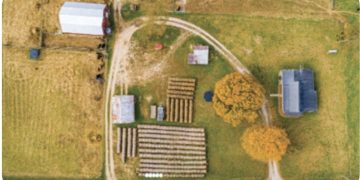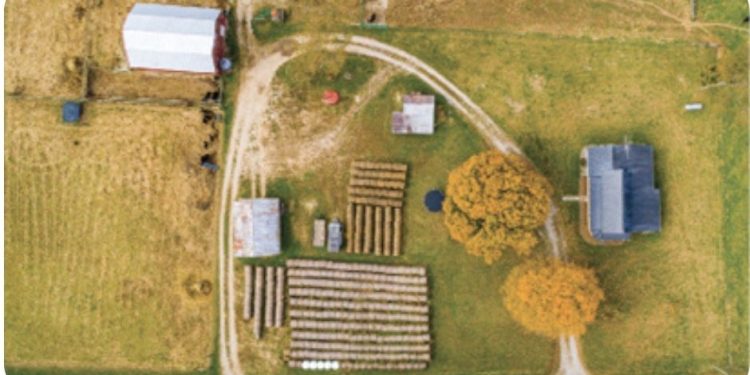Allen Van Deynze, professor in the Department of Plant Sciences at the University of California, Davis, has received an investment of $650,000 from the USDA’s National Institute of Food and Agriculture for a project that will develop commercially competitive green chile peppers, like jalapeños, that are amenable to mechanical harvesting.
The funding is part of NIFA’s Plant Breeding for Agricultural Production, with the project specifically falling under the Agriculture and Food Research Initiative priority area.
In the three-year project, Van Denzye will be joined by UC Davis colleagues Theresa Hill, senior research associate in the Van Deynze Research Team, and Robert Gilbertson, a professor in the Department of Plant Pathology. University of New Mexico Extension Vegetable Specialist Stephanie Walker, who specializes in the genetics and breeding of chile peppers, will assist on the project.
In addition to the jalapeño pepper, New Mexico-type green chiles will be studied for disease resistance, fruit quality, and mechanical harvest traits across two-generation, multi-state trials. The team will use a systems approach combining the fields of genomics, biology, plant breeding, horticulture, pathology, and mechanization for the breeding of green chile peppers.
“An integrated approach that considers both crop varieties as they are bred and managed, as well as harvested, is a proven method for success, as exemplified for the tomato industry by UC Davis,” said Van Deynze.
Resistance
Specifically, the team will be selecting green chiles for their resistance to Tomato-Spotted-Wilt-Virus, a disease that causes stunting, necrosis, and considerable agricultural and economic damage, as well as for their positive mechanical harvesting traits, such as de-stemming, branching, and yield.
As identified by stakeholders, state commodity boards, growers, processors and seed companies, this project meets the critical need to reduce labor costs associated with harvesting for processed peppers, which is essential for the sustainability of the US industry and growing global market. Van Deynze and his team will also train researchers, undergraduates and high school students through experiential learning.
“Looking towards the future, mechanical harvesting is essential for the sustainability of all crops in California that are hand-picked today,” said Van Deynze.
This project was one of 22 plant breeding research projects that received funding through NIFA’s Agriculture and Food Initiative Program for the 2021 year. “Plant breeding is a critical link in helping agriculture mitigate climate change,” said NIFA director Carrie Castille. “These innovative projects will advance crop production efficiency, healthfulness, product quality, and the value of U.S. agricultural plants while increasing farmer profitability and sustainability.”































